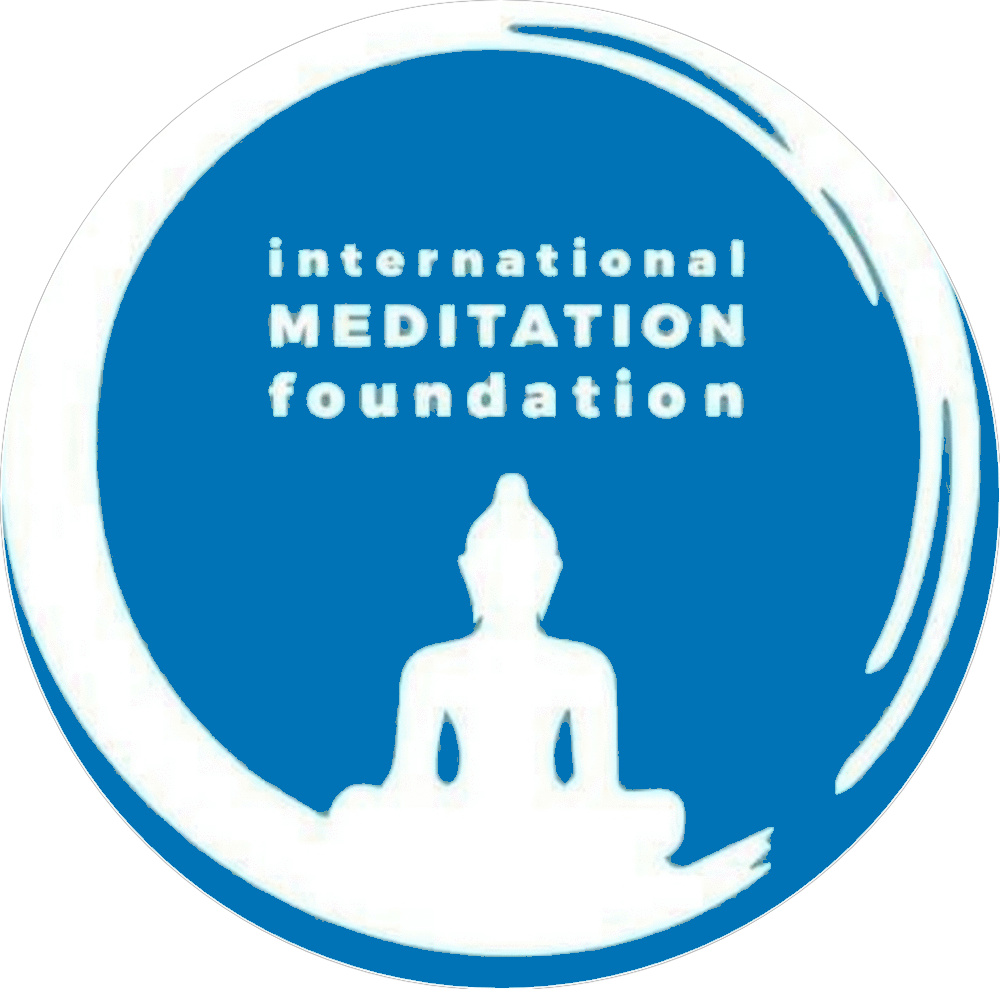When you are meditating or working on yourself and begin to wonder whether you’re making any progress, understand this clearly: if you’re truly progressing, you won’t need to ask. Because when real progress happens, you know it.
Why is this so? Think of it like recovering from an illness. When you start to heal, you feel it in your body. If you still need to ask whether you’re getting better, it’s a clear sign that you are not. Well-being has its own unmistakable presence—when it’s there, you feel it.
So why does the question arise? It arises for many reasons. The first is this: you might not truly be doing the work. You may be deceiving yourself, playing inner tricks. Instead of focusing on your practice, you’re preoccupied with the results. When the attention is more on what should be happening rather than on what you’re doing, it’s often driven by subtle greed.
Greed wants results without effort. That greedy part of the mind constantly looks ahead and asks, “Is something happening yet?” But true progress means being immersed in the doing—without demanding outcomes. If your focus is sincere, the results will take care of themselves. And when something does shift, you’ll know it instinctively. There’s no need to ask anyone else.
There is no universal roadmap. Each person walks a unique path. Even if two people follow the same meditation technique, their inner journeys differ. No one shares the same path exactly; there is no public road to walk. Each journey is entirely individual. So listening to someone else’s milestones can sometimes confuse rather than help.
Someone else may experience specific visions, signs, or symbols on their path, but those may never appear on yours. Do not be misled by such comparisons. Only certain inner transformations are truly meaningful signs of real progress.
For example, one natural outcome is a growing sense of contentment. When meditation deepens, contentment arises effortlessly. At its peak, you may even forget to meditate—because meditation itself is born from discontent. If one day you skip meditation and yet feel no restlessness or craving, only a quiet completeness, that is a powerful sign. You are whole.
Meditation should never become a mechanical habit. Keep it alive. When it’s genuine, discontent fades slowly. You will start to feel content—not only while meditating but throughout your entire day. If a sense of peace only comes during meditation and vanishes afterwards, it’s likely a hypnotic or surface effect. That can be pleasant, but it’s not transformative.
Don’t cling to special experiences. If nothing is happening, don’t worry. If something is happening, don’t hold on to it. Real meditation leads to a kind of silent transformation that touches every part of your day. You’ll carry a subtle sense of calm, a steady center, wherever you go.
And yes, there will be visible changes. For instance, anger will gradually become less frequent. Why? Because anger comes from a restless, uncentered mind. A meditative person becomes more at peace with themselves. They no longer need to react to everything. So as meditation deepens, you’ll find yourself more at ease with who you are.
These are the genuine signs of progress: less anger, more compassion. Less resistance, more openness. Not visions or colors or lights—those are just temporary by-products. Beautiful, yes, but not the point. Enjoy them if they come, but don’t mistake them for the goal.
If you want to measure progress, look to your relationships. How do you treat those closest to you—your partner, your children, your coworkers, your house help? Are you softer, more patient, more present? That’s where meditation expresses itself first: in how you relate to the world.
When meditation is real, you’ll begin to feel a deep, unconditional love arising. A concern for others’ well-being—not because of duty or morality, but because your inner space naturally overflows. You’ll become quieter inside. The inner noise starts to fade. You speak only when necessary. Silence will become more natural than speech. Your actions, even the most ordinary ones, will feel effortless, unstrained.
Gradually, ambition fades too. You’ll stop striving to be “someone” or to reach “somewhere.” Even the desire for enlightenment or liberation will dissolve—because even that desire is a form of bondage. Even wanting to be desireless is still a desire.
One more thing: true results are immediate. If you’ve meditated today, some fragrance of it, however faint, will be present today, not tomorrow. Inner work bears fruit in the moment. If it’s real, it transforms you now. You only need to be sensitive enough to feel it.
So don’t treat meditation as a one-hour daily ritual you then forget. Your entire life must become meditative. That doesn’t mean sitting with your eyes closed all day. It means becoming alert, becoming sensitive—wherever you are, in whatever you’re doing.
When that sensitivity matures, you won’t need to ask, “Am I making progress?” You will feel it. You will know.

Leave a Reply